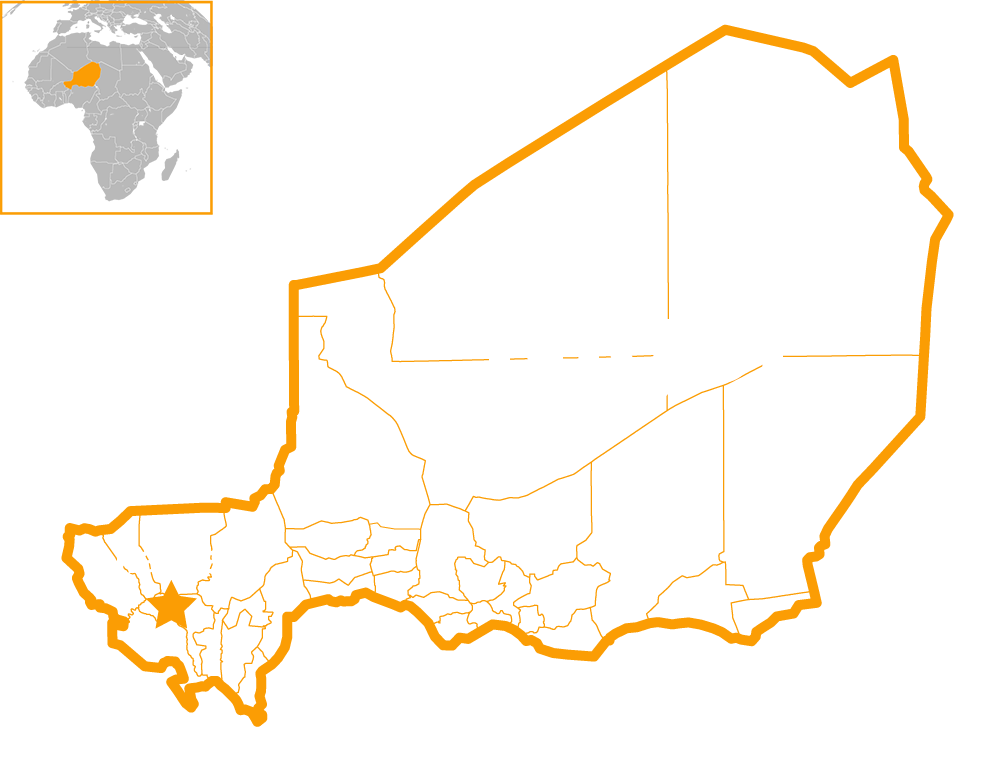When I found out that my parents wanted to marry me off, I said no. But they said the wedding would take place whether I agreed to it or not. I asked my brother for help, but he just said I shouldn’t be upset. That’s just the way it goes. - Hamsatou

Children who don't obey their parents are cursed. - Leila (Hamsatou's mother)
My dream is to become an electrician. I want to work so that I can give my son a better life. And also to support my parents. - Nafissa
When I found out that I had passed the final exams, I cried. I cried for joy. You could too. Ask for help from an NGO and go to school. Don’t give up. Then you too can achieve what you want. - Nafissa
I now talk to her parents regularly to make sure that they keep to their word. - Hannatou (SOS first responder)
Many of our parents were cast out from their families after the birth of their children. - Allassane (nurse)
We must prevent these marriages so that our children don’t become pregnant too young. It’s a problem for the whole community, that’s why we must fight together against child marriage. - Maman Abdou (SongES employee)
If you have a daughter, your mind can’t be at rest until you have married her off. Their heads are just too full of nonsense nowadays. - Seydou (Hamsatou's father)
